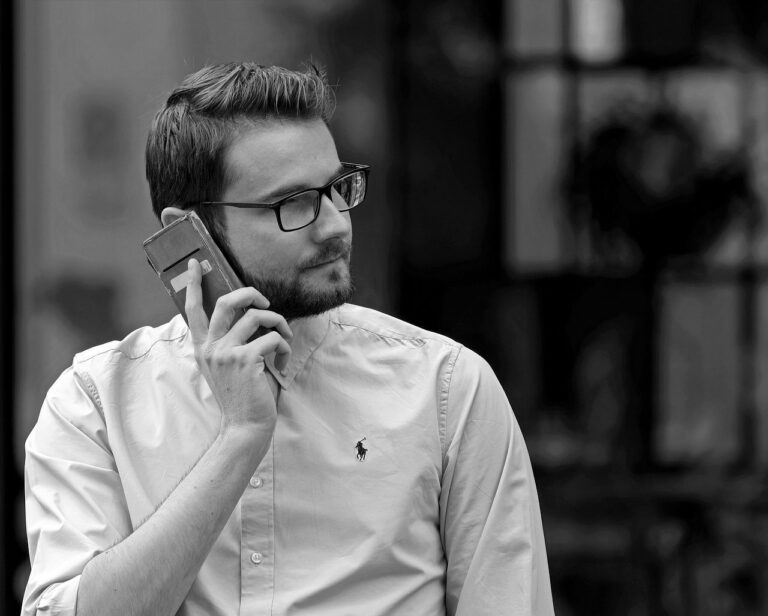Exploring Traditional Healing Practices: Holistic Approaches to Wellness
Traditional healing practices exist in various cultures across the globe, each rooted in its own traditions and beliefs. These practices often involve a combination of herbal remedies, spiritual rituals, and the guidance of healers who have specialized knowledge passed down through generations. From Ayurveda in India to acupuncture in China, these techniques continue to be valued for their holistic approach to maintaining health and well-being.
In Africa, traditional healing plays a central role in many communities, with healers known as traditional doctors or shamans serving as mediators between the physical and spiritual worlds. These healers often use a combination of medicinal plants, prayer, and rituals to diagnose and treat ailments. The belief in the interconnectedness of the body, mind, and spirit underpins these practices, emphasizing the importance of addressing the root cause of illness rather than just treating symptoms.
The Concept of Holistic Healing
Holistic healing is a comprehensive approach to well-being that considers the interconnectedness of the mind, body, and spirit. It emphasizes the importance of treating the whole person rather than just focusing on specific symptoms or ailments. This approach recognizes that physical health is intrinsically linked to mental and emotional well-being, and that spiritual practices can also play a vital role in promoting overall health.
In holistic healing, the goal is to address the root causes of health issues rather than simply alleviating symptoms. This often involves integrating a variety of therapeutic techniques and modalities, such as acupuncture, herbal medicine, massage therapy, and mindfulness practices. By taking a holistic approach to healing, individuals are empowered to take an active role in their own wellness journey and to make lifestyle choices that support their health and vitality.
• Holistic healing considers the interconnectedness of mind, body, and spirit
• Emphasizes treating the whole person rather than just symptoms
• Recognizes link between physical health, mental/emotional well-being, and spiritual practices
• Goal is to address root causes of health issues
• Involves integrating various therapeutic techniques and modalities such as acupuncture, herbal medicine, massage therapy, and mindfulness practices
• Empowers individuals to take an active role in their wellness journey
Ancient Healing Traditions
Ancient healing traditions have been an integral part of various cultures around the world for centuries. These practices often focus on the interconnectedness of the mind, body, and spirit, emphasizing a holistic approach to health and well-being. From Ayurveda in India to Traditional Chinese Medicine, these ancient healing traditions continue to be passed down through generations, relying on natural remedies and the body’s innate ability to heal itself.
One common thread among many ancient healing traditions is the belief in the power of nature to restore balance and promote overall wellness. Herbal remedies, mindfulness practices, and energy work are often utilized to address physical ailments and emotional imbalances. By aligning the body with the natural rhythms of the earth and tapping into the body’s own healing mechanisms, ancient healing traditions seek to restore harmony and vitality to individuals seeking holistic wellness.
What are some traditional healing practices from different parts of the world?
Some traditional healing practices include Traditional Chinese Medicine, Ayurveda from India, Shamanism from various cultures, and Indigenous healing practices from different parts of the world.
What is the concept of holistic healing?
Holistic healing is a form of healing that considers the person as a whole – mind, body, and spirit. It focuses on treating the root cause of an issue rather than just the symptoms.
How do ancient healing traditions differ from modern medicine?
Ancient healing traditions often focus on natural remedies, energy healing, and spiritual practices, while modern medicine tends to rely more on pharmaceuticals and technological interventions.
Are ancient healing traditions still relevant today?
Yes, many people still turn to ancient healing traditions for alternative forms of healing and wellness. They are often used in conjunction with modern medical practices for a more holistic approach to health.







